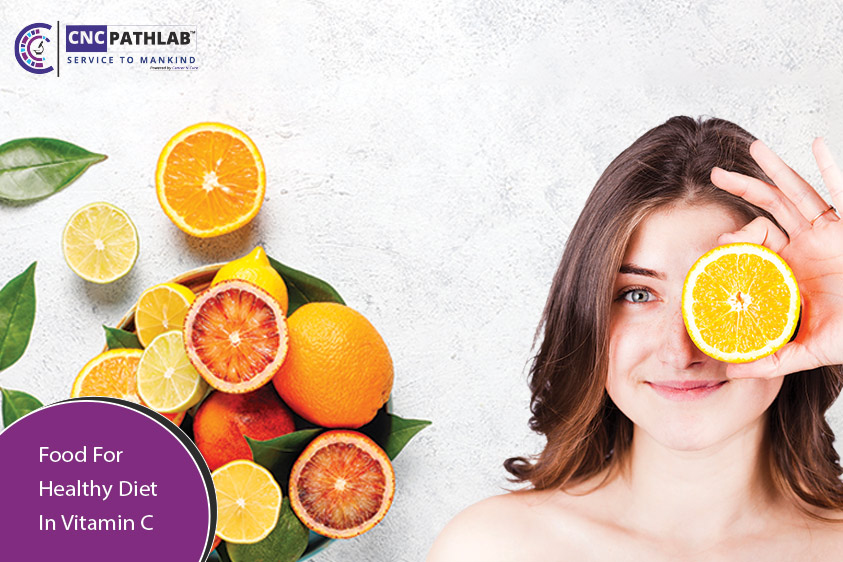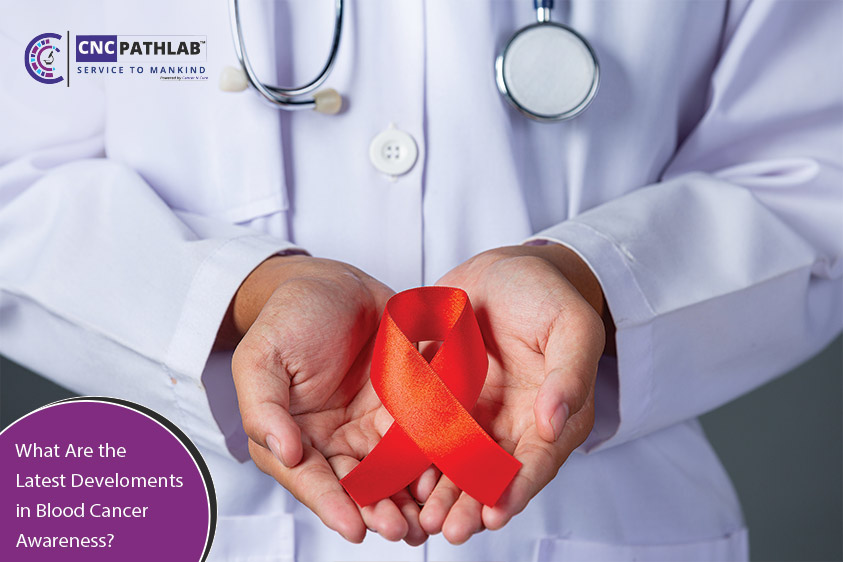The Top 5 Foods High in Vitamin C for a Healthy Diet
What are the top 5 foods high in Vitamin C for a healthy diet?
Vitamin C, also known as ascorbic acid, is an essential nutrient that plays a vital role in maintaining a healthy immune system, promoting wound healing, and protecting the body against harmful environmental factors. It is important to consume foods that are rich in Vitamin C daily to ensure your body gets the recommended daily intake. Here are the top 5 foods high in Vitamin C for a healthy diet:
1. Citrus fruits - Citrus fruits such as oranges, lemons, grapefruits, limes, and tangerines are well-known for their high Vitamin C content. One medium orange provides approximately 70mg of Vitamin C, which is more than the recommended daily intake for adults.
2. Kiwi fruit - Kiwi fruit is a small, nutrient-packed fruit that is loaded with Vitamin C. One medium-sized kiwi fruit provides approximately 64mg of Vitamin C, which is more than 70% of the recommended daily intake.
3. Red bell peppers - Red bell peppers contain more Vitamin C than any other pepper. One medium-sized red bell pepper provides approximately 152mg of Vitamin C, which is more than double the recommended daily intake.
4. Broccoli - Broccoli is a nutrient-dense vegetable that is loaded with Vitamin C. One cup of cooked broccoli provides approximately 81mg of Vitamin C, which is more than the recommended daily intake.
5. Guava - Guava is a tropical fruit that is high in Vitamin C and other important nutrients. One medium-sized guava provides approximately 126mg of Vitamin C, which is more than double the recommended daily intake.
Incorporating these Vitamin C-rich foods into your daily diet can be a simple and effective way to ensure your body gets the nutrients it needs to function properly. However, it is important to note that Vitamin C is a water-soluble vitamin, which means your body does not store it. Therefore, it is important to consume Vitamin C-rich foods on a regular basis to maintain healthy levels in your body.
In addition to the above-mentioned foods, other sources of Vitamin C include strawberries, papayas, pineapples, Brussels sprouts, and kale. By adding a variety of these foods to your diet, you can ensure that you are getting a well-rounded intake of this essential nutrient. With a little bit of planning and attention to your diet, you can easily incorporate these Vitamin C-rich foods into your daily meals and snacks for a healthier and more energetic lifestyle.
What are the nutritional benefits of consuming foods high in Vitamin C?
Vitamin C, also known as ascorbic acid, is a water-soluble vitamin that plays a crucial role in various physiological functions in the body. It is not naturally produced by the human body, which means that we need to obtain it through our diet. Foods that are high in vitamin C offer an array of nutritional benefits, some of which are discussed below.
Firstly, vitamin C is a potent antioxidant. As such, it protects the body from oxidative stress which can lead to chronic disease, aging, and cellular damage. Vitamin C also helps regenerate other antioxidants such as vitamin E, which further enhances its effects.
Consuming foods high in vitamin C can also help boost the immune system. Vitamin C stimulates the production of white blood cells which play a critical role in fighting off infections and diseases. It has also been shown to reduce the duration and severity of common colds.
Vitamin C also aids in the absorption of iron. Iron is a mineral that is vital for the body to produce red blood cells that transport oxygen throughout the body. Consuming vitamin C-rich foods alongside iron-rich foods such as spinach and red meat can help the body better absorb iron.
Lastly, vitamin C plays a crucial role in collagen synthesis. Collagen is a protein that is essential for the health of our skin, bones, and joints. Consuming foods high in vitamin C can promote the production of collagen, which can help improve skin health and reduce the risk of bone and joint-related diseases.
Are there any alternative sources of Vitamin C other than food?
Yes, there are alternative sources of Vitamin C other than food. Vitamin C supplements are a popular option for those who may not be getting enough of the nutrient through their diet alone. These supplements often come in pill or powder form and can be found at most health food stores or online.
Another alternative source of Vitamin C is topical skincare products that contain nutrients. Vitamin C is known for its ability to promote collagen production and brighten the skin, making it a popular ingredient in many skincare products such as serums and creams.
It is important to note that while supplements and skincare products can be a helpful addition to a healthy lifestyle, they should not replace a balanced diet that includes plenty of whole foods rich in Vitamin C such as citrus fruits, berries, and leafy greens. Consult with a healthcare provider to determine the best approach for meeting your individual Vitamin C needs.
What is the recommended daily intake of Vitamin C?
Vitamin C, also known as ascorbic acid, is an essential nutrient that plays a vital role in the human body. It is a water-soluble vitamin, which means that it is not stored in the body and needs to be consumed regularly to maintain optimal health.
The recommended daily intake of vitamin C varies depending on age, gender, and certain health conditions. According to the National Institutes of Health, the daily recommended intake of vitamin C for an adult is 75-90 milligrams per day for women and men, respectively. However, some health experts recommend higher intakes, especially for those who smoke or are exposed to environmental pollution.
Pregnant and breastfeeding women may require higher doses of vitamin C, up to 120 milligrams per day. Children also need vitamin C, and the recommended daily intake varies by age. Infants from birth to 6 months should get 40 milligrams per day, while toddlers and children between 1-13 years of age need between 15-75 milligrams per day.
Vitamin C is found in a variety of foods, including citrus fruits, strawberries, kiwi, papaya, mango, pineapple, bell peppers, broccoli, Brussels sprouts, and tomatoes. It is also available as a dietary supplement in the form of tablets, capsules, and powders.
It is worth noting that excessive intake of vitamin C can have adverse effects on health, including diarrhea, nausea, stomach cramps, and kidney stones. Therefore, it is essential to meet your daily requirements through a balanced diet rather than relying solely on supplements. To help you get started on incorporating more Vitamin C into your diet, we've compiled a list of the top 5 foods high in Vitamin C.
1. Guava: This tropical fruit is one of the richest sources of Vitamin C, containing up to 4 times more than oranges. Guavas also contain other essential nutrients such as fiber, potassium, and antioxidants.
2. Kakadu Plum: Native to Australia, the Kakadu Plum has the highest recorded natural content of Vitamin C in any food, packing a whopping 100 times more than oranges. This superfood also contains iron, calcium, and antioxidants.
3. Red Bell Peppers: These vibrant vegetables are not only a great source of Vitamin C but also contain Vitamin A and fiber. In fact, red bell peppers contain twice as much Vitamin C as citrus fruits.
4. Kiwi: This small fruit is loaded with nutrients, including Vitamin C, Vitamin K, potassium, and fiber. One medium-sized kiwi contains around 70 milligrams of Vitamin C, which is more than enough to meet your daily requirements.
5. Broccoli: This cruciferous vegetable is not only high in Vitamin C but also contains other beneficial compounds such as sulforaphane and fiber. One cup of chopped broccoli contains around 80 milligrams of Vitamin C.
In conclusion, incorporating these top 5 foods high in vitamin C into your diet can help you meet your daily requirements and promote overall health. However, it is crucial to remember that a balanced diet is the best source of all essential nutrients. So, make sure to include a variety of fruits and vegetables in your meals to get the most out of your diet. And if you have any concerns about your Vitamin C intake, it is always best to consult a healthcare professional for personalized advice.


.jpg)


.jpg)
